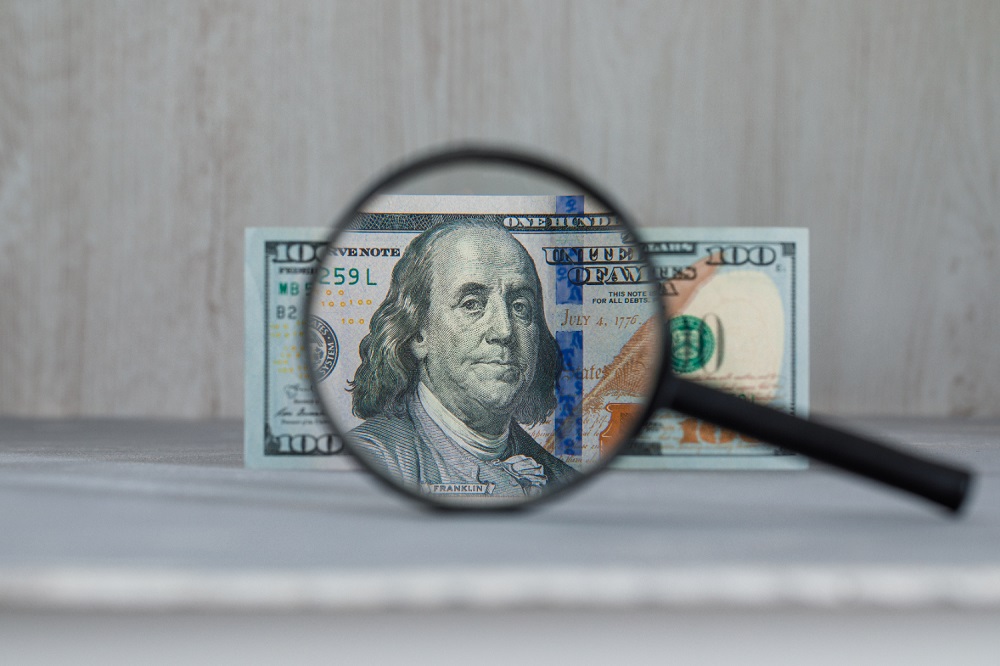Casinos employ a range of strategies and technologies to detect and prevent counterfeit money and chip fraud. These measures include the use of advanced detection tools such as UV lights, infrared scanners, and high-resolution cameras to identify counterfeit currency. Additionally, casinos train their staff extensively on how to recognize signs of fraudulent activity and conduct regular audits to ensure compliance with security protocols.
Despite these efforts, the effectiveness of casino security measures against sophisticated fraudsters can vary. While casinos invest significant resources in combating fraud, criminals may still find ways to circumvent these safeguards through tactics like counterfeit bills with high-quality printing or chip manipulation techniques.
In conclusion, casinos’ efforts to combat counterfeit money and chip fraud involve a combination of technological tools, staff training, and ongoing monitoring. However, the constant evolution of fraudulent tactics means that casinos must remain vigilant and continuously adapt their security measures to stay ahead of potential threats.
Detection Technology
In the realm of counterfeit money and chip fraud detection in casinos, the utilization of advanced technology is paramount. State-of-the-art systems are implemented to promptly identify fake currency and unauthorized chips, ensuring the smooth functioning of casino operations. High-resolution cameras, supported by intricate software, meticulously oversee each transaction and pinpoint any inconsistencies.
Moreover, ultraviolet and infrared sensors are deployed to authenticate the legitimacy of money and chips. These tools deliver immediate alerts to security personnel, facilitating prompt intervention to thwart potential losses. By seamlessly integrating technology, casinos can effectively combat fraudulent activities, safeguard their assets, and uphold a secure environment for both patrons and staff.
Staff Training
Casinos prioritize comprehensive staff training to effectively implement counterfeit money and chip fraud detection measures. Training programs educate employees on the latest counterfeit detection techniques, common fraud schemes, and proper protocols for handling suspicious activities. Staff members receive hands-on practice with authentic and counterfeit currency and chips to enhance their skills in identifying discrepancies.
Ongoing training sessions are conducted to keep employees updated on emerging threats and new technologies in fraud prevention. By investing in thorough staff training, casinos empower their employees to act swiftly and confidently in detecting and addressing instances of counterfeit money and chip fraud, ultimately safeguarding the integrity of their operations and protecting the interests of both the casino and its patrons.
Transaction Monitoring
Effective monitoring of transactions is a crucial step in combating counterfeit money and chip fraud in casinos. By carefully tracking transactions, casinos can identify suspicious activities such as significant cash buy-ins, rapid chip exchanges, or unusual betting behaviors. Monitoring systems are designed to monitor the movement of money and chips, flagging any anomalies for further investigation.
Trained staff can promptly address potential fraud incidents, mitigating potential losses and upholding the casino’s integrity. Regular review of transaction data aids in recognizing patterns and trends that may indicate fraudulent behavior. With vigilant monitoring practices in place, casinos can proactively deter counterfeit money and chip fraud, thereby safeguarding their operations and reputation.
Chip Authentication
Ensuring the authenticity of chips is a crucial aspect of maintaining the security of casino operations. Various methods are employed by casinos for chip authentication, such as RFID technology, UV markings, and unique serial numbers.
RFID technology enables real-time tracking of chips, helping to prevent the insertion of counterfeit chips into games.
UV markings, which are often invisible to the naked eye, can be quickly verified using UV light to confirm the chip’s authenticity.
Additionally, unique serial numbers on chips aid in tracking their origins and deterring fraudulent activities. Through the implementation of these authentication measures, casinos can effectively combat chip fraud and uphold the confidence of both players and regulatory bodies.
Collaboration With Law Enforcement
In the ongoing effort to combat criminal activities such as counterfeit money and chip fraud, collaboration with law enforcement agencies is a key strategy employed by casinos to bolster security measures. Through close cooperation with law enforcement, casinos can exchange information regarding known counterfeiters, suspicious behaviors, and emerging fraud patterns. This partnership enables a proactive approach to identifying and apprehending individuals engaged in illicit activities within the casino setting.
Law enforcement agencies provide casinos with access to advanced investigative tools and resources, facilitating the prompt resolution of security breaches. Moreover, collaboration serves as a deterrent to potential criminals, signaling that fraudulent behaviors won’t be tolerated, thereby safeguarding the integrity of the gaming industry.
Conclusion
In summary, casinos employ a range of strategies to combat counterfeit money and chip fraud, including the use of advanced technology, comprehensive staff training, vigilant transaction monitoring, chip authentication measures, and collaboration with law enforcement agencies. Through a combination of these tactics, casinos are able to effectively identify and address fraudulent activities, thereby upholding the credibility and security of the gaming industry. It is crucial for casinos to maintain a proactive stance on security measures in order to deter counterfeiters and protect the interests of their patrons.

